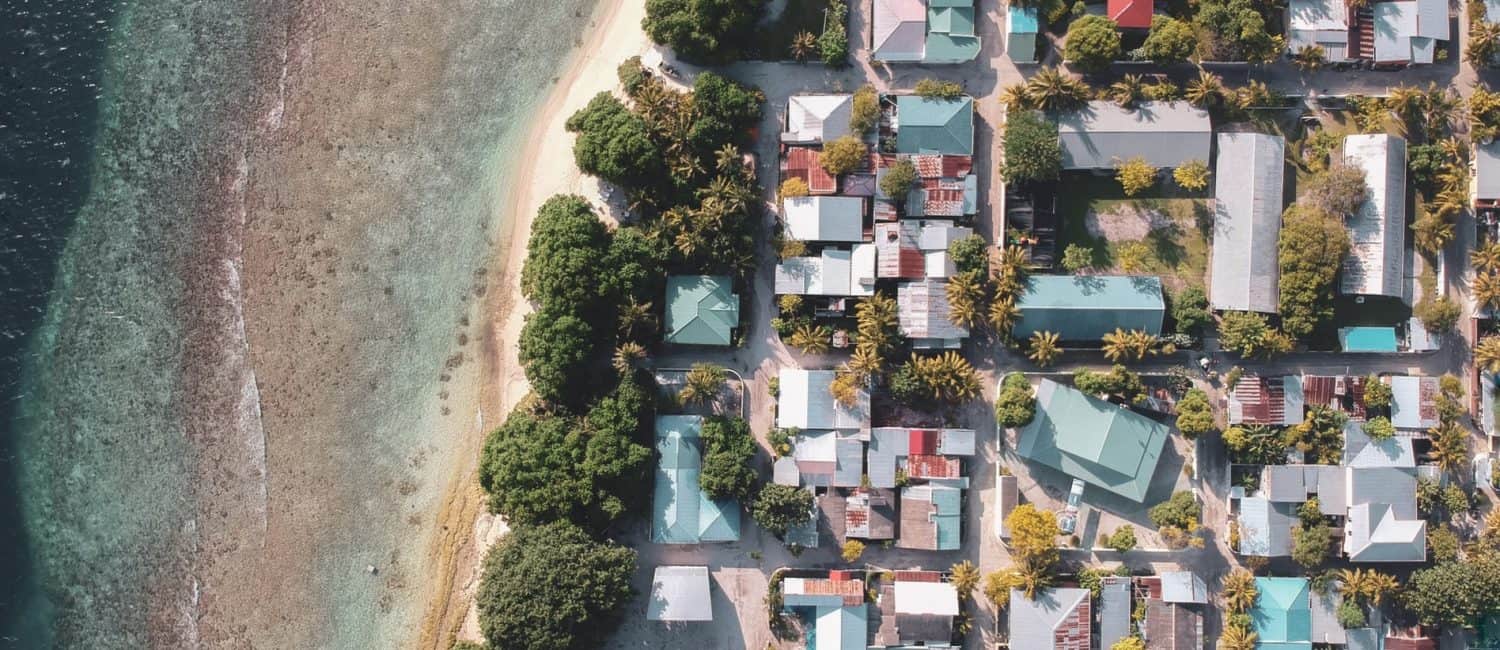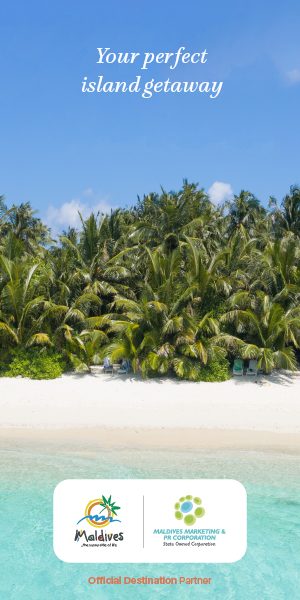Photo Credit: Anoof Ahmed
The first phase of a rapid livelihood assessment to understand the impact of the COVID-19 crisis in the Maldives has revealed the aftermath of the complete closure of the Maldives tourism industry on employment, livelihoods, and the potential effects on families and communities.
The impact of the pandemic was immediately felt across from tourism to trade with the livelihood of many reaching to the point of their most vulnerable and the hardest state. Thus, the government of Maldives conducted the rapid livelihoods assessment to gain an understanding of the socio-economic impacts of the pandemic, to support timely economic response planning for the Maldives. It aims to understand the extent and nature of the impact of the COVID-19 crisis on the Maldivian economy, and to explore the impact on employment and Micro, Small and Medium Enterprises (MSMEs).
Uz. Fayyaz Ismail, Minister of Economic Development has stated that the assessment is an important step forward in understanding the ground impact on livelihoods and businesses. Furthermore, it will be central in designing policy initiatives aimed at the long-term recovery of the Maldivian economy and worker’s welfare.
The report is commissioned by the Ministry of Economic Development and the Government of Maldives with support from UNDP Maldives.
UNDP Maldives provides a technical lead in close collaboration with relevant government and non-government partners, including private sector partners, drawing from global experience in carrying out similar impact assessments during crises.
‘Human Development Dashboards on Vulnerability to Pandemics’ released by UNDP in May revealed that as the Maldives heavily depends on tourism, it is among the worst affected countries globally, making the Maldives as one of the highest vulnerable during this pandemic. The impact on global travel and locally implemented strict containment measures leading to a complete closure of the Maldives tourism industry for three months was unprecedented in the country’s history.
According to UNDP, the tourism sector was targeted for the assessment as it is the largest industry in the country with most employees, and also most exposed to the external shock. The study was conducted by analyzing existing data and conducting surveys among employers and employees from government and private sector stakeholders relevant to the industry.
The finding revealed that the complete stop on tourism has had a huge impact on the lives of workers in the sector increasing vulnerability across many dimensions. The following outlines some of the key findings of the assessment;
- More than 45,000 employees in tourist resorts alone are being affected as a direct result of COVID-19, including approximately 22,000 local employees in the payroll of resorts.
- Job loss and redundancy were mostly observed amongst those on probation contracts and amongst younger age groups. Job security beyond July 2020 is uncertain for the majority of the resort employees given that operations are not expected to normalize for a longer period than initially anticipated.
- Services of freelancers, seasonal workers, and local vendors providing goods and services to resorts have been temporarily stopped, the majority of whom work on mutual understanding basis indicating a high prevalence of loss of work amongst the informal sector.
- For those who have been retained, a large proportion of employees have lost their incomes completely as the majority are put on no-pay for the period April-June 2020.
- Resort payroll employees who lost jobs and are on no pay will experience an average income loss ranging from US$ 600 to US$ 1,000 per month for the period April – June 2020, compared to the same period last year.
- Employees on reduced pay are likely to experience an income loss of 60 percent for the period of April -June 2020.
Akiko Fujii, UNDP Resident Representative in the Maldives, stated the assessment indicates that job losses were greatest amongst younger people and employees under third party contract services of resorts. Moreover, she hoped that the report is useful to policymakers, the industry, and society in building the tourism sector
The phase I assessment also outlines insights and recommendations broadly for the government and for employers in the tourism sector to ensure smooth transition resuming operations and adapting to the new normal by addressing systemic issues on employment needs to ‘build back better’ in the longer term.
Some of the immediate response measures include the development of a joint tourism recovery plan collaboratively by the Government and the businesses to mitigate the prolonged negative impacts of the crisis on employment; exploring alternative models for operations and employment under the new normal including adopting occupational health and safety standards for the tourism sector in line with international best practice; and implementing strategies targeted at employees during the waiting period including short term training, personal development coaching and psychosocial support. The ‘build back better’ responses include up-skilling the Maldivian tourism workforce, facilitating labor governance reforms; strengthening labor market services and social protection measures, integrating contingency planning and financing for future crises.




